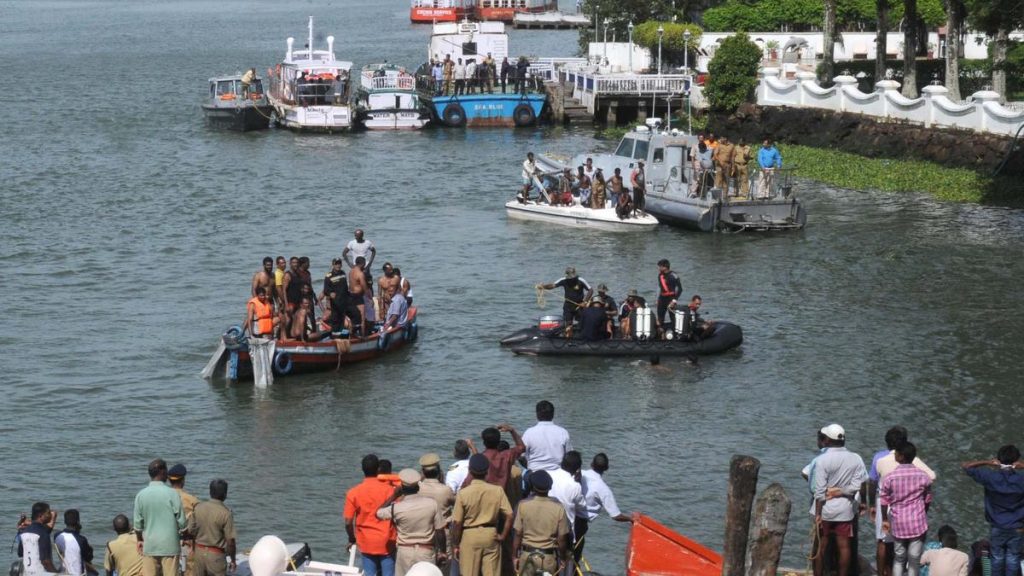Now Reading: Maharashtra to Launch Citizen Services on WhatsApp
-
01
Maharashtra to Launch Citizen Services on WhatsApp
Maharashtra to Launch Citizen Services on WhatsApp

Rapid Summary:
- Maharashtra Chief Minister devendra Fadnavis has directed officials to provide all government-to-citizen services on WhatsApp, complementing the existing ‘Aaple Sarkar’ portal.
- Initial implementation will involve forming clusters of 10-12 villages per taluka, with dedicated teams ensuring timely service delivery based on local needs.
- Mr. Fadnavis instructed reducing documentation requirements for applications and recommended independent audits by third-party agencies to assess service quality.
- Dashboards used by zilla parishads, municipal corporations, and universities are set to be standardized for uniformity in citizen experience.
- Chief Secretary Rajesh Kumar emphasized incorporating appeal mechanisms into service delivery frameworks and adopting multi-modal systems (email, portal, WhatsApp) for delivering certificates.
- Of the targeted 1,001 government services on the Aaple Sarkar portal,997 have been made accessible; 236 new services were added in the last two weeks.
Indian Opinion Analysis:
The push to expand government-to-citizen services via platforms like WhatsApp signals a intentional effort by Maharashtra’s leadership toward digitization and accessibility improvements across rural and urban sectors. By leveraging technological tools familiar to citizens-such as WhatsApp-the initiative could bridge gaps in digital literacy while speeding up service delivery at grassroots levels. Creating clusters based on local needs may enhance inclusivity but could pose logistical challenges requiring robust operational frameworks.
Standardizing dashboards across various institutions aims at simplifying user navigation but would require thorough coordination among departments. Adding new appeals mechanisms shows heightened focus on resolving disputes efficiently. With substantial progress already made-997 out of 1,001 planned online services-it highlights Maharashtra’s relative preparedness in e-governance reforms.
Implementation success hinges critically on infrastructure readiness at village levels and consistent efforts from dedicated teams managing clusters as envisioned under Mr. Fadnavis’ plan. Independent audits may also contribute valuable feedback regarding system effectiveness without compromising accountability.
Read more: [Link Not provided]























